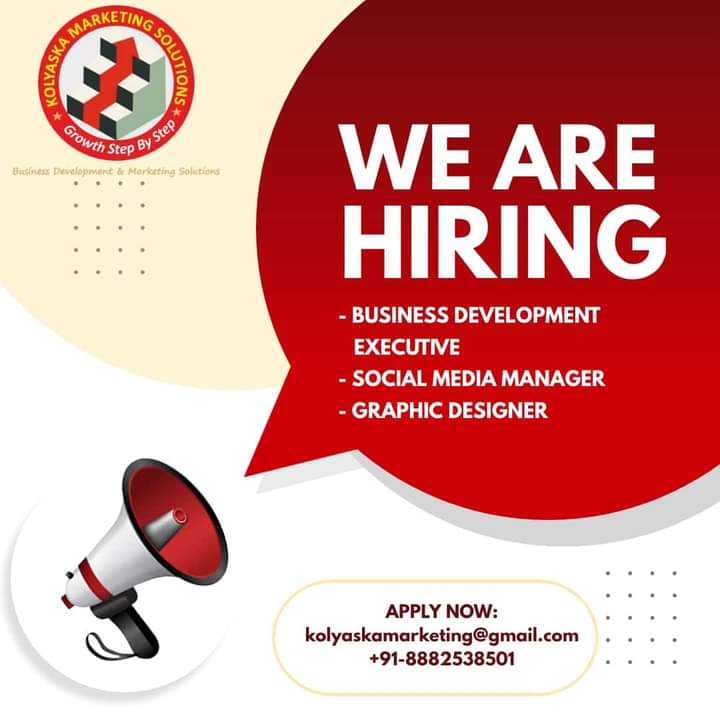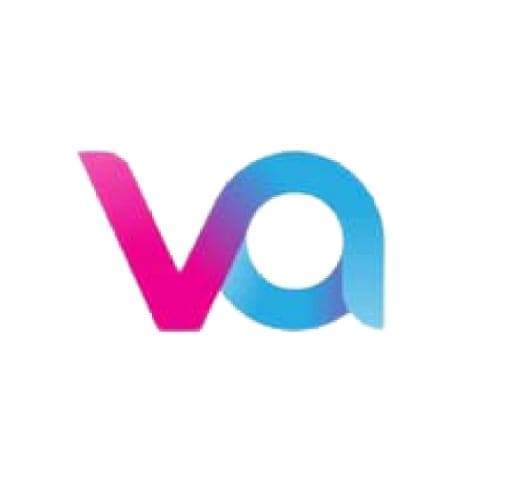Popular Categories
 IT
IT HR
HR Income Tax and GST
Income Tax and GST Marketing
Marketing Sales
Sales Data Entry
Data Entry TeleCaller
TeleCaller Startup Incubator
Startup Incubator Accountant
Accountant Hardware Engineer
Hardware EngineerLive Vacancies
Field Sales Executive (Rural)
• Direct Sales Role • Need to do Promotional Acti...
Business Development Executive
Daily 250 connected call Good Communication skill...
Pharma Sales Team Leader
Key Responsibilities: Generate Leads: Identify...
Sales Officer
The Telecaller's role involves reaching out to pot...
Profile Insights
Skills
- Creativity
- Adobe Photoshop
- Illustrator
Description
At Spires Recruit, we don’t just fill vacancies — we build futures. Our team is passionate about helping individuals unlock their full potential by matching them with roles where they can truly thrive. From entry-level to executive positions, we are committed to supporting career journeys with care and precision.
What’s more at Spires Recruit ?

Franchise
Join Spires Recruit to bring innovative learning and shape the future of education in your community!
Become a PartnerShare your expertise
Share your knowledge and expertise with those who are interested in learning and are open to new ideas.
Become a Counsellor
Opportunities
Let's work together to foster a positive and effective learning experience, and let pires Recruit be a valuable component of your career.
Join the Team.webp)












